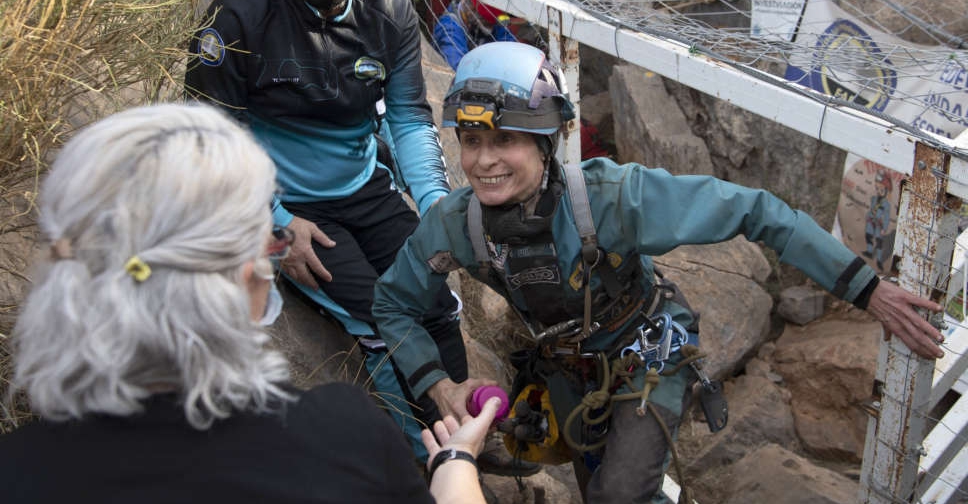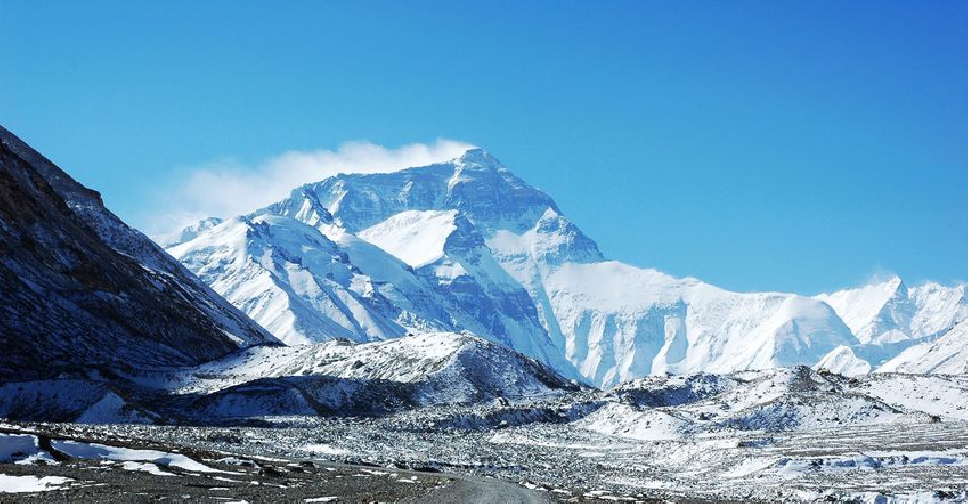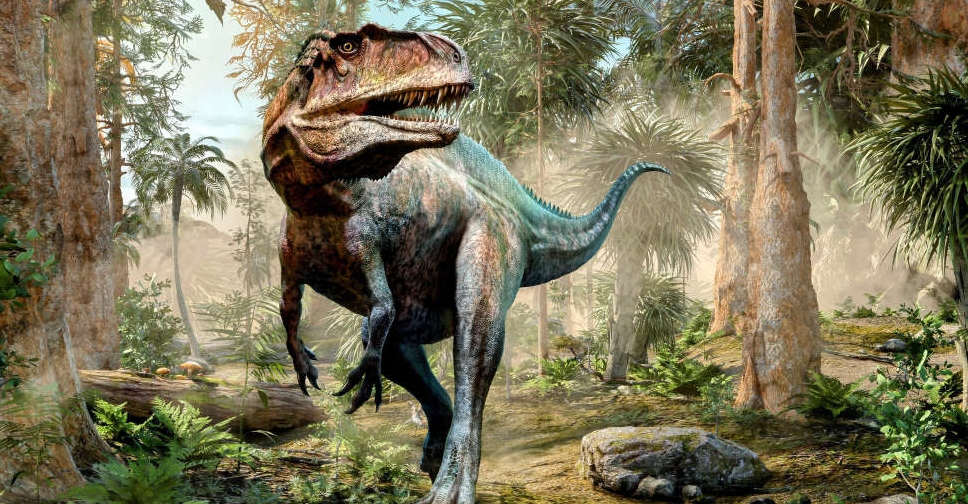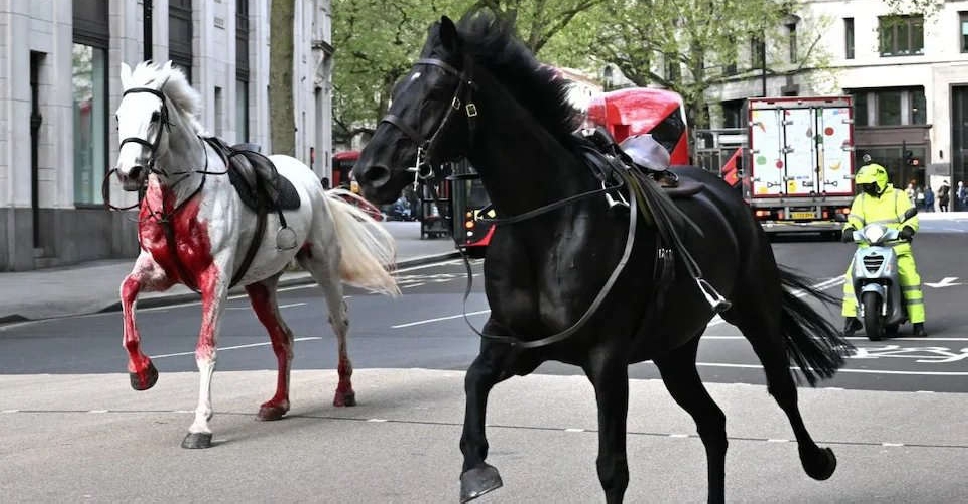
A 50-year-old Spanish extreme athlete who spent 500 days living 70 metres deep in a cave outside Granada with no contact with the outside world has told how the time flew by and she did not want to come out.
Beatriz Flamini, an elite sportswoman and mountaineer, is said by her support team to have broken a world record for the longest time spent in a cave in an experiment closely monitored by scientists seeking to learn more about the capacities of the human mind and circadian rhythms. She was 48 when she went into the cave, and celebrated two birthdays alone underground.
She began her challenge on November 20, 2021, before the outbreak of the Ukraine war, the resultant cost of living crisis, the end of Spain's lengthy COVID mask requirement and the death of Britain's Queen Elizabeth II.
She emerged into the light of spring in southern Spain on Friday wearing dark glasses, carrying her equipment and smiling broadly. She was greeted by a flock of cameras and her support team who, wearing masks, encircled her in a hug.
She described her experience as "excellent, unbeatable", adding that time had flown by.
"When they came in to get me, I was asleep. I thought something had happened. I said: 'Already? Surely not.' I hadn't finished my book."
Asked if she ever thought about pressing her panic button or leaving the cave, she replied: "Never. In fact I didn't want to come out."
Flamini spent her time underground doing exercises, painting and drawing and knitting woolly hats. She took two GoPro cameras to document her time, and got through 60 books and 1,000 litres of water, according to her support team.
She said she had focused on retaining "coherence", eating well and relishing the silence. She looked forward to treats such as avocados, fresh eggs and clean t-shirts that her support team sent down.
She insisted her team had been told to contact her under no circumstances, even about a death in the family. "If it's no communication it's no communication regardless of the circumstances. The people who know me knew and respected that."
Flamini was monitored by a group of psychologists, researchers, speleologists - specialists in the study of caves - and physical trainers who watched her every move and monitored her physical and mental wellbeing.
According to Spanish news agency EFE, her experience is being studied by scientists at the universities of Granada and Almeria and a Madrid-based sleep clinic to determine the impact of social isolation and extreme temporary disorientation on people's perception of time, the possible neuropsychological and cognitive changes humans undergo underground and the impact on circadian rhythms and sleep.
Flamini said she was now looking forward to a shower and sharing a plate of fried eggs and chips with friends. She said she would put herself in the hands of doctors to study the impact on her body and mind, before planning new mountaineering and caving projects.
The Guinness Book of Records website awards the "longest time survived trapped underground" to the 33 Chilean and Bolivian miners who spent 69 days 688 metres underground after the collapse of the San José copper-gold mine in Chile in 2010.
A spokesman for Guinness was not able to immediately confirm whether there was a separate record for voluntary time living in a cave and whether Flamini had broken it.

 Climber sets new Mount Everest record
Climber sets new Mount Everest record
 Police snap into action after 'croc' sighting
Police snap into action after 'croc' sighting
 T. rex is at center of debate over dinosaur intelligence
T. rex is at center of debate over dinosaur intelligence
 Horses run amok in central London
Horses run amok in central London
 Kishida delights Washington with promise of 250 cherry trees as gift
Kishida delights Washington with promise of 250 cherry trees as gift




